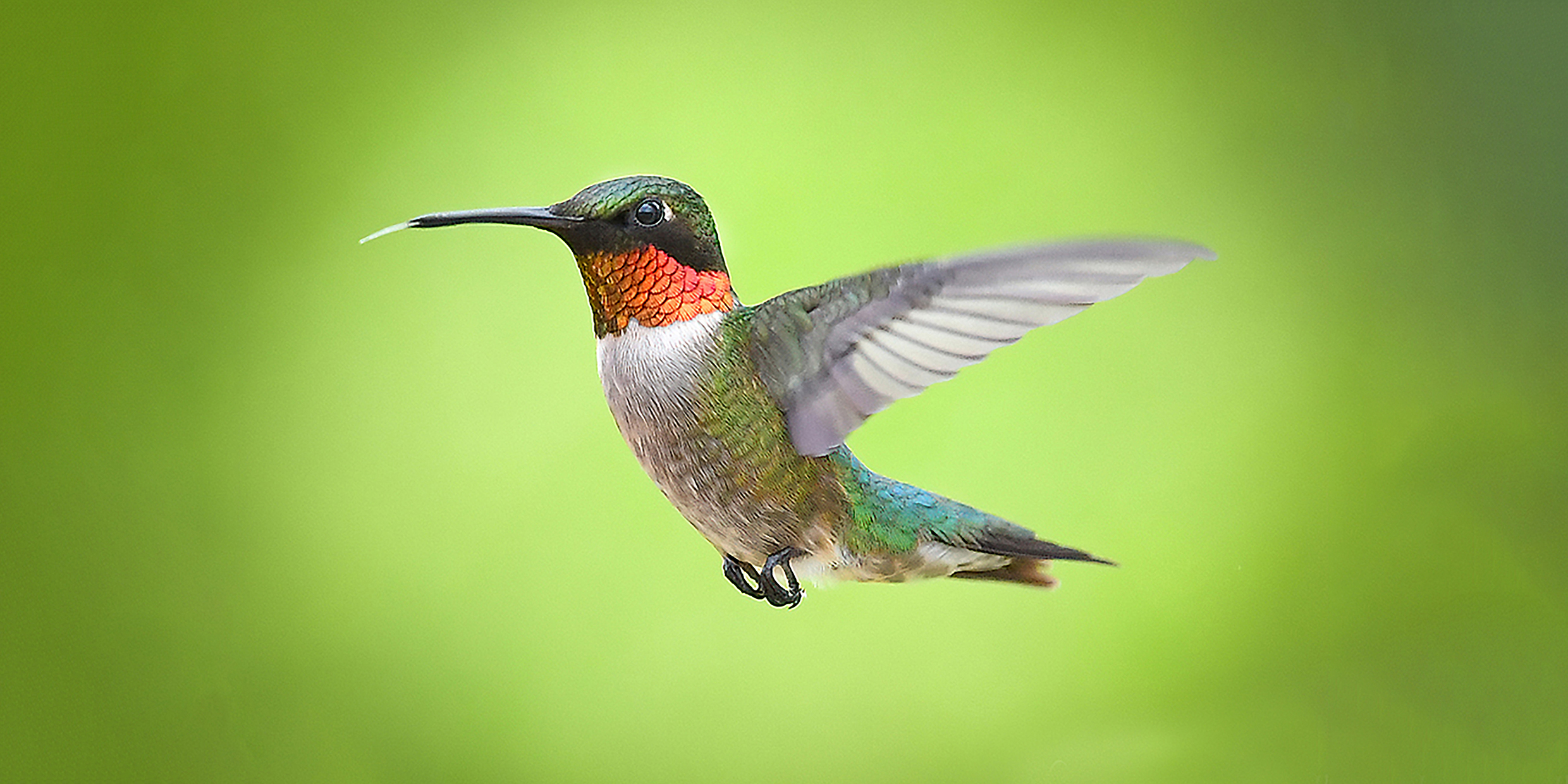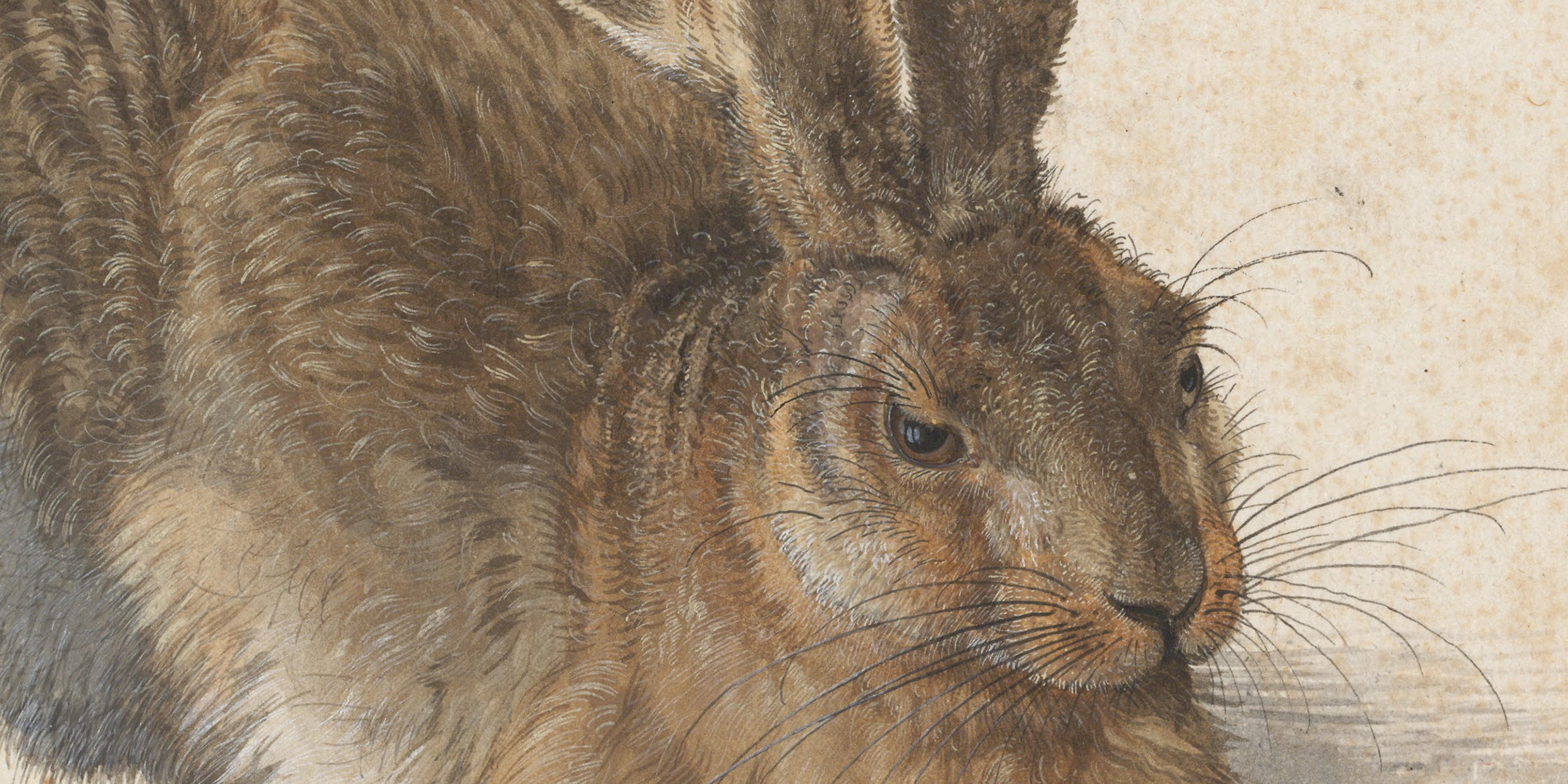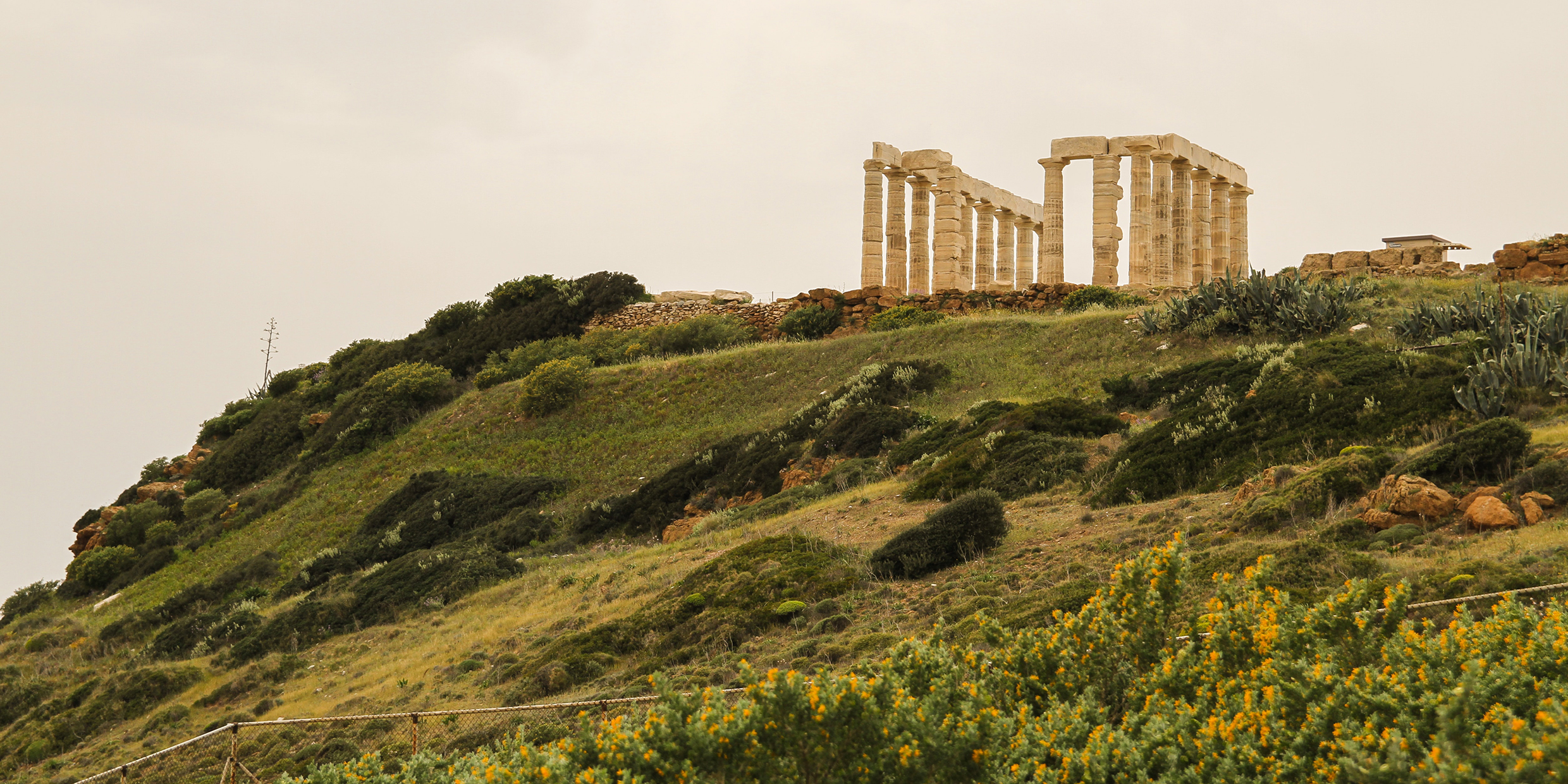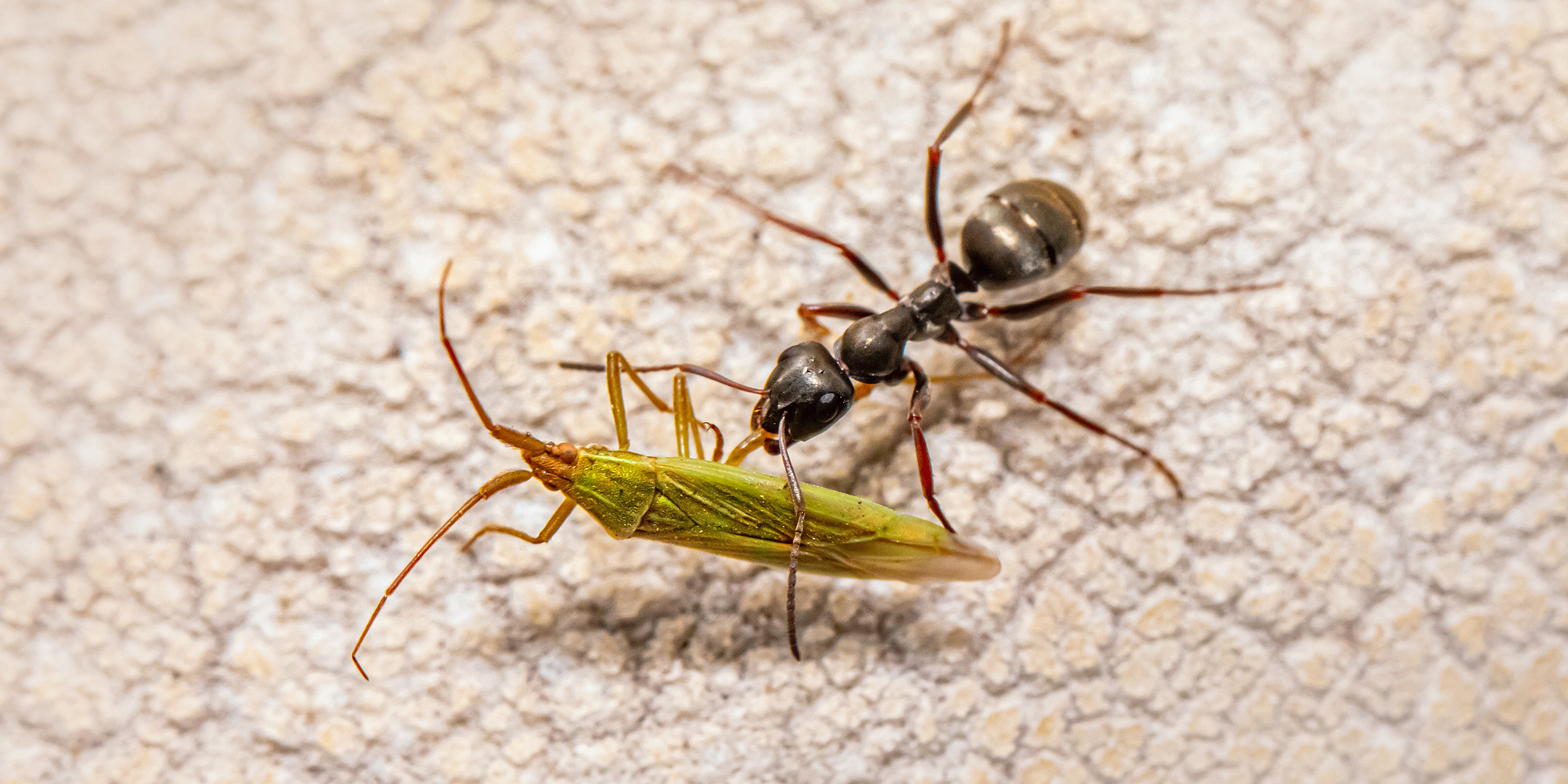I’m weary of words. Our national discourse has become loud and shrill. Everywhere we go, it seems, we are followed by the strident staccato of Wolf Blitzer urging us towards the edge of our seats.
Science
Moderate with fog patches becoming good
Viking, North Utsire, South Utsire, Forties, Cromarty, Forth, Tyne, Dogger, Fisher, German Bight, Humber, Thames, Dover, Wight, Portland, Plymouth, Biscay, Trafalgar, Fitzroy, Sole, Lundy, Fastnet, Irish Sea, Shannon, Rockall, Malin, Hebrides, Bailey, Fair Isle, Faeroes, South East Iceland.
Dr. Seuss and Dr. Einstein
Some years ago, when an insect called the thrips — singular and plural — was in the news for defoliating sugar maples in New England, I noted in my Boston Globe science column that thrips are very strange beasts.
The imperfect is our paradise
“Perhaps we are here only to say: House, Bridge, Fountain, Gate,” says the poet Rainer Maria Rilke. He continues: “But to say them…oh, to say them more intensely than the Things themselves ever dreamed of being.”
Hope
As a Catholic (adjective) ex-Catholic (noun), I should take note of Pope Benedict XVI’s [2007] encyclical, Spe Salvi (“in hope we are saved”), his second, a document which has things to say about science.
For the love of books
In the first year of my married life, I visited with my wife, a teacher, the home of one of her students in Los Angeles, California.
The melancholy of the questing mind
In “Letters to a Young Poet,” the poet Rainer Maria Rilke writes: “We should try to love the questions themselves, like locked rooms and like books that are written in a very foreign tongue.”
The birth of modernity
Somewhere around the house there is a battered paperback copy of Edith Hamilton’s “The Greek Way,” a concise summary of the Greek contribution to Western civilization that I read as a sophomore in college.
Through a glass darkly
Pascal’s Pensées is a grab bag of platitudes, nonsense and substance, a disorganized sketch of the book Pascal might have written had he lived long enough.
Knowledge and love
Foraging Saharan desert ants roam hither and yon from the nest looking for food. When they find a source, they head straight back to the nest along a beeline, in an environment devoid of landmarks.









